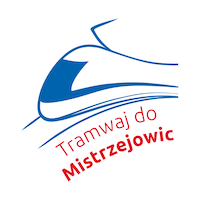PPP is a model of investment implementation based on long-term cooperation between a public entity (e.g. a city, municipality) and a private partner. The benefits, but also the responsibility resulting from this cooperation is shared between both parties in accordance with the agreement concluded, with the aim of improving the quality of infrastructure and services offered to residents. Thanks to this model, the contracting authority does not burden its creditworthiness by spreading the payment over many years of cooperation with the private partner. Most often, when handing over the land for an investment and temporarily giving up profits from the appearance of a new facility (e.g. a hospital, road, tram line), they can count on the selected private partner to finance its design, construction and subsequent maintenance. The latter, after the completion of construction works, can profit from the exploitation of the facility for a specified period of time, in return for appropriate management of the facility. In contrast, the Kraków PPP model for KST IV assumes payment for infrastructure availability. This means that the city will pay a certain amount successively if the infrastructure is maintained to an appropriate standard and passable for tram traffic. This minimises disruption to tram traffic on the line.
The use of PPPs maximises the use of the private party’s expertise to build modern infrastructure and reduces investment costs throughout the life cycle.

